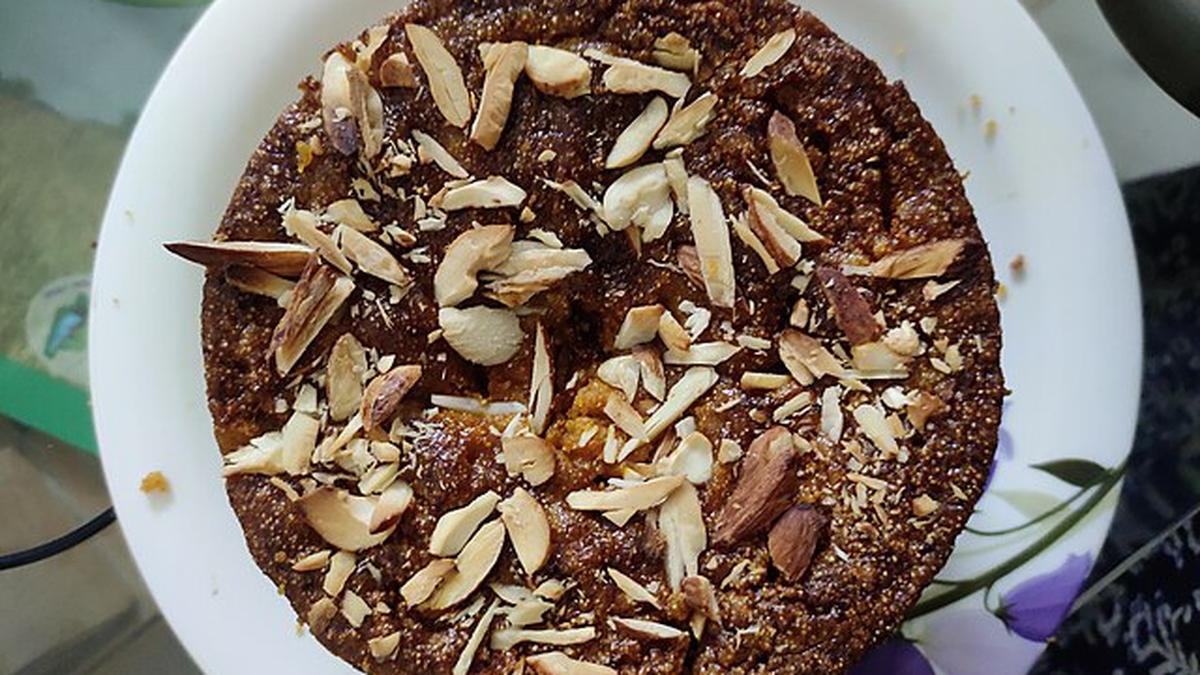
HAMISH MCRAE: I expect to hear lots about the 'R-word' next year By HAMISH MCRAE Updated: 16:51 EST, 21 December 2024 e-mail View comments There is, I am afraid, no Christmas cheer this year. We have just had a blisteringly bad few days in both financial and economic terms. The Footsie has lost more than 200 points, making this the worst week for more than a year, but that is just the outward sign of a far deeper malaise.
The Bank of England now expects zero growth for the last three months of this year, much worse than its previous forecast. Inflation is climbing relentlessly, with the Consumer Prices Index (CPI) at 2.6 per cent, and forecast to go over 3 per cent next year.

The Government's preferred measure of inflation, the CPIH, which takes into account the cost of housing for owner-occupiers, is 3.4 per cent. The yield on ten-year gilts is now well over 4.
5 per cent, the highest this year. If the Government has to pay more to borrow, so do the rest of us: higher bond yields push up the interest on fixed-rate mortgages. Retail sales are flat, up just 0.
5 per cent year-on-year in November. And business confidence is at a two-year low. The inflation outlook is particularly worrying as a lot of the forthcoming price increases are either the result of Government action, or are indexed to past inflation as measured by the Retail Price Index (RPI).
For example, Londoners have just been told their Tube fares are going up by 4.6 per cent in March, 'in line with national rail fare increases across the country'. Putting VAT on private school fees and increasing vehicle excise duties will push up the CPI by about 0.
3 of a percentage point. And most of us keep receiving emails telling us some service or other is being increased by the RPI – which at 3.6 per cent is a full point higher than the CPI.
Concern: Expect to hear a lot more about the R-word in the months ahead All this is before higher National Insurance Contributions for employers kick in from April. Companies will respond with some combination of squeezed margins, higher prices, staffing cuts and lower wages. But no one can know the balance between these reactions until they hit.
All we do know is that the solid growth of the first half of this year has stalled. And though I have not yet seen any forecasts of this, I don't think we should rule out the possibility that there will be a recession next year. I hope we won't get there, but I expect to hear a lot more about the R-word in the months ahead.
There is a temptation to blame all this on Rachel Reeves' budget, and more generally on the way in which this new Government has allowed spending to race ahead of previous projections. Tax revenues have held up pretty well. The fiscal pressures that she is facing are mostly on the spending side.
But while the Chancellor has been extraordinarily inept – the most basic rule, if you want to encourage an economy to grow, is not to go around trashing it – the global outlook has contributed to the headwinds. RELATED ARTICLES Previous 1 Next Job cuts surge as Labour gloom hits confidence and fuels..
. Labour's Truss scale shock: Bond gap with Germany at highest..
. Share this article Share HOW THIS IS MONEY CAN HELP How to choose the best (and cheapest) stocks and shares Isa and the right DIY investing account The biggest single concern is rising bond yields worldwide. My colleague Alex Brummer has noted that the gap in the rate on German government bonds and UK ones is the highest for 35 years.
That is a brutal comment on the relative credit-worthiness of the German government and our own. But I think our bigger difficulty is what is happening in the US. America's ten-year Treasury notes were also trading above 4.
5 per cent on Thursday and Friday, in response to the caution of the Federal Reserve about the pressure of inflation and the pace at which it might make further reductions in interest rates. A couple of weeks ago the markets expected the Fed to make three or four quarter percentage point cuts to its target rate. Now they expect just two.
If the Trump Administration wants to borrow big, as seems very likely, that will further increase US bond yields. The effect of all this – an inept Chancellor, rising inflation, higher taxes, no significant fall in the cost of money, weak consumer demand – is that much of corporate Britain is going into survival mode. On a long view UK prospects look pretty good, much better than in Germany or France, but the message of the past few days from our business community is that next year will be an even rougher one than it thought.
DIY INVESTING PLATFORMS AJ Bell AJ Bell Easy investing and ready-made portfolios Learn More Learn More Hargreaves Lansdown Hargreaves Lansdown Free fund dealing and investment ideas Learn More Learn More interactive investor interactive investor Flat-fee investing from £4.99 per month Learn More Learn More Saxo Saxo Get £200 back in trading fees Learn More Learn More Trading 212 Trading 212 Free dealing and no account fee Learn More Learn More Affiliate links: If you take out a product This is Money may earn a commission. These deals are chosen by our editorial team, as we think they are worth highlighting.
This does not affect our editorial independence. Compare the best investing account for you Share or comment on this article: HAMISH MCRAE: I expect to hear lots about the 'R-word' next year e-mail Add comment Some links in this article may be affiliate links. If you click on them we may earn a small commission.
That helps us fund This Is Money, and keep it free to use. We do not write articles to promote products. We do not allow any commercial relationship to affect our editorial independence.
More top stories.










-ltd-logo-1200x675.png?v=20241211120412)




